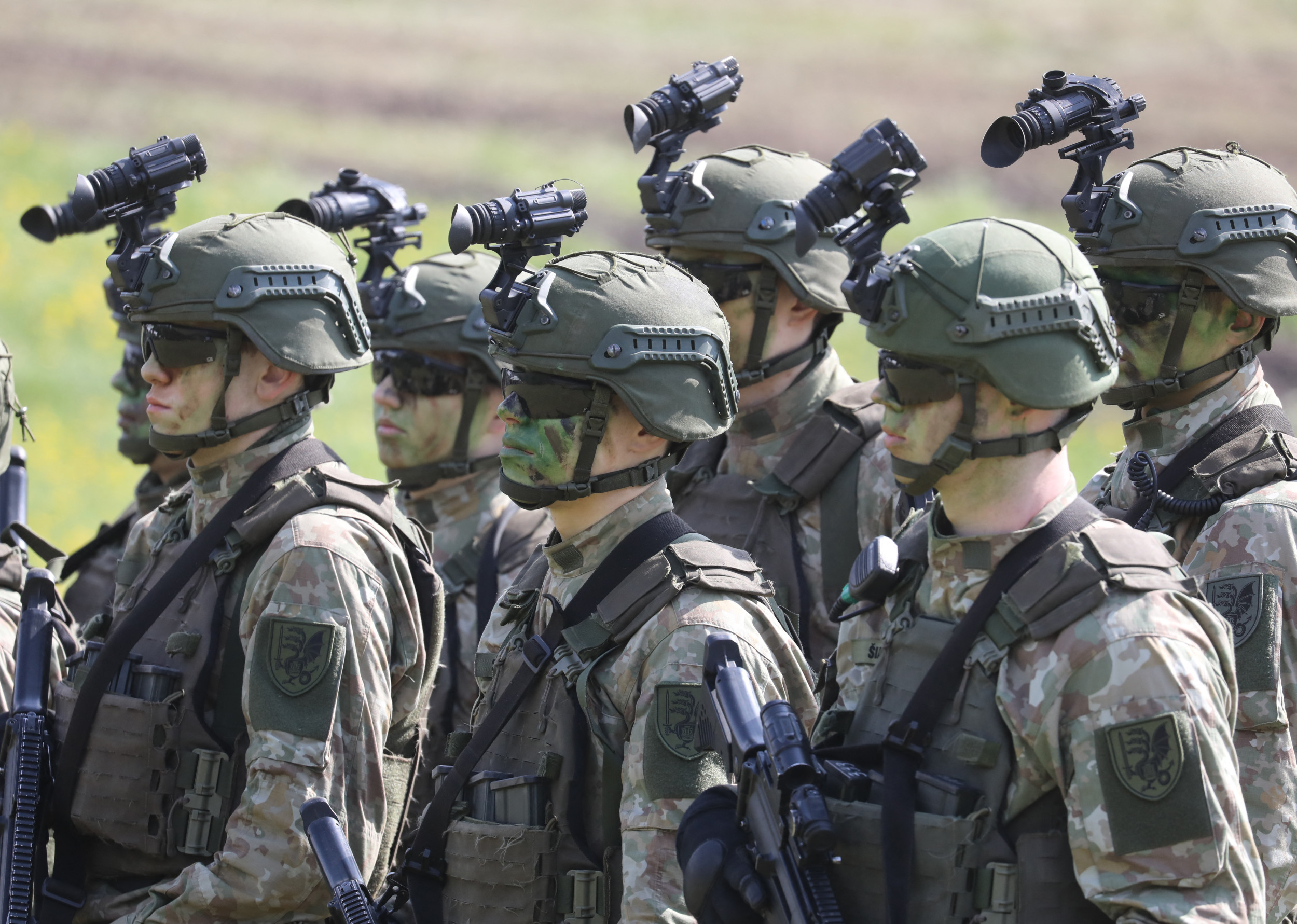The killing of George Floyd has reverberated around the world. Sitting in my cell at Guantánamo, I was watching Afghan News and even there, so far from America, they showed a picture saying "I can't breathe." When people struggle peacefully for justice, that can only be good.
"I can't breathe" resonates here, as on countless occasions half a dozen soldiers have pinned me down, grinding my face into the concrete, and it was all I could say. What the officers did to George Floyd has shocked the conscience of America, but it is painfully familiar to me.
The U.S. has become desensitized to state violence, provided it happens out of sight and is done to brown-skinned people. Guantánamo—a GULAG for Muslims, run by America on foreign soil—is the ultimate expression of this.
I have been subjected to what they call an FCE – a "Forcible Cell Extraction" – many times. In 2010 I began protesting peacefully because they started searching my private parts. The soldiers did not want to put their hands inside my pants - it was a rule from on high, collective punishment for one person doing something stupid. For a Muslim like me, it was a cultural anathema.
I went on hunger strike, and told them: "you can only do it to me by force." So at any time of the day or night, even in the middle of morning prayers, the ERF team would burst into the cell. I don't know what ERF really stands for but I call them the "Extreme Repression Force." Five or six soldiers would kneel on me. Another person held a camera, and the leader of the ERF team would be screaming, "Don't resist! Don't resist." I was not resisting. How could I? But they filmed so that if something went wrong, they would have a defence such as the Minneapolis police officers are certainly preparing.
I could not do anything. Sometimes they would use pepper spray and I would weep for 24 hours. Another time, they beat me. Two officers did come along later to apologize for that. But this is a jail. This is what happens. The violent cell extractions became a daily routine for four months until they went back to the normal search process—and I stopped protesting.
I have been FCE'd for refusing to eat when I was on a religious fast. I have been FCE'd for declining a pointless chest x-ray to avoid being exposed to radiation. I have been FCE'd over a bottle of water. Each time, I was doing nothing wrong, but sometimes you just have to assert your human dignity. What they were doing to poor George Floyd is SOP (Standard Operating Procedure) here.
I have had plenty of bruises and scars from the FCE process but perhaps I am lucky. In the early days of Guantánamo they were practicing, using a soldier as their guinea pig, and they did not listen when he cried out in fear and pain. The unfortunate man ended up with brain damage.
That there are now images of cops beating and choking protesters on the nightly news does not solely reflect the militarization of law enforcement—but rather the existence of the smartphone camera. The violent abuse of power these videos show comes as no surprise to those of us who have been on the wrong end of it for many years. This is a country that maintains a prison out of the law's reach, to detain people indefinitely without charge. It is interested in control, not justice.
This Black Lives Matter protest gives me hope. It will be like the Civil Rights Movement in the 1950s and 1960s, and I believe it will have positive results. America's business is not my business but if human beings anywhere are struggling for justice, I must support them even from my cell in Guantánamo Bay. Perhaps my brothers and sisters marching in the streets will turn their eyes on this island prison, and witness our common cause.
Asadullah Haroon has been held without charge by the US at Guantánamo Bay detention camp for 13 years
The views expressed in this article are the author's own.
Uncommon Knowledge
Newsweek is committed to challenging conventional wisdom and finding connections in the search for common ground.
Newsweek is committed to challenging conventional wisdom and finding connections in the search for common ground.
About the writer
To read how Newsweek uses AI as a newsroom tool, Click here.





